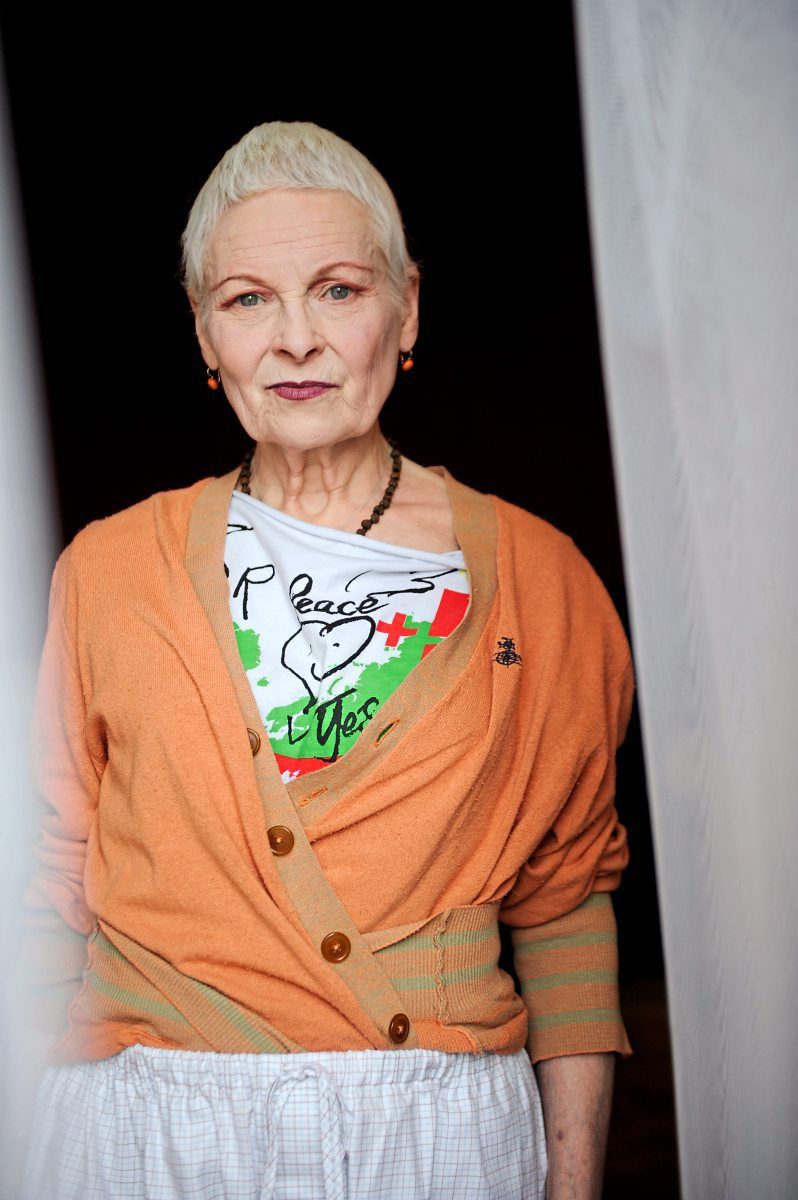BUNDRE: Wer bist du & was macht dich (mglw auch durch deinen Werdegang) zu einer Expertin in Sachen Nachhaltigkeit?
Birgit: Ich bin Birgit Gahleitner: lebensfroher, naturliebender Mensch, Mutter von 3 wunderbaren Töchtern, Wirtschaftsingenieurin für technische Chemie, Pfadfinderin und noch vieles mehr. Als Organisationsberaterin für Nachhaltigkeit und Kreislaufwirtschaft und vor allem als Lehrende an mehreren Hochschulen und als Keynote-Speakerin setze ich mich für ein menschen- und planetengerechtes Wirtschafts- bzw. Gesellschaftssystem ein. Mein Fokus liegt dabei immer auf der praktischen Umsetzung und dem Nützen der genialen Chancen, die uns das Denken und Handeln in Kreisläufen bietet.
Durch meine Ausbildungen und die langjährige Berufserfahrung bei der voestalpine Stahl bzw. der Energie AG Oberösterreich habe ich eine gute Basis für das, was ich mache – und durch meine aktuelle Tätigkeit als Auditorin, (Umwelt-)Gutachterin, Jurymitglied für diverse Preise und Inkubationsprogramme und Trainerin und Beraterin für verschiedenste Unternehmen bleibe ich immer up to date, und lerne viele tolle, tatkräftige Menschen wie Ursa kennen, die mir Hoffnung geben, dass wir gemeinsam die Transformation zur Circular Society schaffen.
BUNDRE: Vor allem in der Modeindustrie ist Greenwashing oft ein großes Thema. Wie erkennt man als Konsument:in, ob ein Produkt / eine Firma ehrlich nachhaltig handelt?
Birgit: Für Konsument*innen ist es leider so gut wie unmöglich, wirklich die gesamte Lieferkette eines (Mode-)Produkts mit allen sozialen und ökologischen Auswirkungen komplett zu durchschauen. Darum müssen wir uns bis zu einem gewissen Grad darauf verlassen, was die Hersteller und Marken uns erzählen. Ein ganz guter Anhaltspunkt können diverse Labels und Gütezeichen sein (siehe z. B. hier: labelchecker | Ein Wegweiser durch das Labellabyrinth). Weil so eine Zertifizierung aber meistens relativ (finanziell und bürokratisch) aufwendig ist, können kleine Firmen sich das nicht so schnell leisten. Da bleibt nur noch das kritische Hinterfragen der Statements zur Nachhaltigkeit: alles „Friede, Freude, Eierkuchen“ und „heile Welt“ macht mich immer skeptisch! Da finde ich den ehrlichen Umgang mit (noch) nicht gelösten Herausforderungen wesentlich sympathischer und vor allem vertrauenswürdiger. Ganz wichtig ist, dass möglichst die ganze Entstehungsgeschichte transparent und nachvollziehbar aufgezeigt wird – und vor allem auch, was am Nutzungsende eines Produkts damit passiert, wie ich die Verpackung entsorgen soll, etc.
(Hier erfährst Du mehr über die häufigsten Greenwashing-„Schmähs“: Greenwashing-Check | VKI)

Foto von Brian Yurasits auf Unsplash
BUNDRE: Regionalität ist uns bei BUNDRE sehr wichtig, wir produzieren zB zur Gänze in Österreich. Wie wichtig findest du diesen Punkt in Bezug auf Nachhaltiges Wirtschaften?
Birgit: Regionalität ist aus meiner Sicht extrem wichtig: das spart z. B. Transportwege und damit CO2-Emissionen, die Wertschöpfung bleibt in Österreich, und es ist rein geografisch nahliegender und insgesamt einfacher, sich Produktionsbedingungen genauer anzuschauen, und noch dazu gelten bei uns vielfach strengere Standards für Nachhaltigkeit und Konsument*innenschutz
BUNDRE: Ressourcen schonen ist ein wesentlicher Punkt für eine nachhaltigere Zukunft. Wir wünschen uns, dass Kleidung länger getragen wird, beim Einkaufen mehr auf Qualität geachtet wird und öfter Second-Hand gekauft wird. Wie stehst du zu dem Thema?
Birgit: Genau meins! ich zitiere hier besonders gern Vivienne Westwood: „Buy less, choose well, make it last.“ SecondHand, Tauschbörsen etc. sind sowieso super – und wenn’s nicht ganz perfekt passt, mach es passend: selbst mit Nadel und Faden bzw. Nähmaschine, gib’s jemand, der die Änderung für Dich macht – oder mit Bundre, das ist am schnellsten und einfachsten (und auch leicht rückgängig zu machen bzw. weiter anpassbar) ;)

Foto: Heribert Corn


Comments (0)
There are no comments for this article. Be the first one to leave a message!